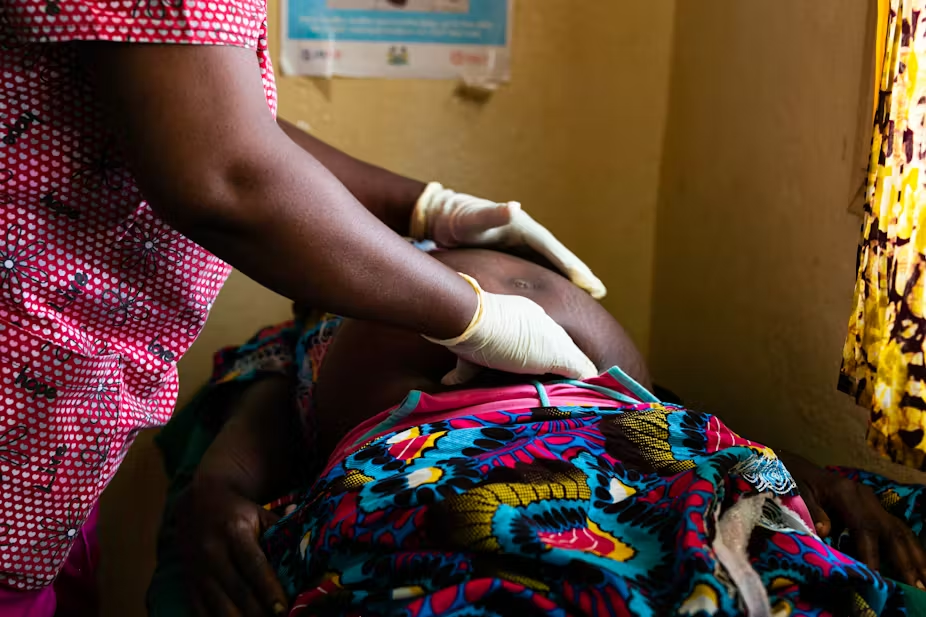
In many parts of Kenya, especially in rural areas and informal urban settlements, pregnant women continue to face numerous challenges when seeking maternal care in public health facilities. Despite government efforts to provide free maternity services through various initiatives, the reality on the ground paints a different picture. Instead of receiving timely and dignified care, many women endure delays, neglect, poor treatment, and in extreme cases, life-threatening situations for both mother and child.
One of the biggest challenges is the shortage of healthcare workers. In some facilities, there is only one nurse handling dozens of expectant mothers each day. This results in long waiting hours, with some women giving birth in corridors or waiting areas before they are attended to. Such delays increase the risk of complications, which could otherwise be prevented with timely medical attention.
Another major issue is the lack of essential equipment and medicine. Although maternity services are declared free, women are often asked to buy gloves, syringes, painkillers, antiseptics, and even cleaning items. This burden falls heavily on poor families, many of whom cannot afford such items. As a result, some women deliver without the necessary support or in unhygienic conditions, exposing them and their babies to infections.
Poor infrastructure in many health centers also undermines the quality of maternity care. Some facilities lack consistent electricity, clean running water, or enough beds. In some cases, women are forced to deliver under torchlight or sleep on the floor due to overcrowding. Lack of proper sanitation further increases the risk of disease, especially for newborns with vulnerable immune systems.
Verbal abuse and mistreatment by healthcare workers is another concern that discourages many women from seeking care in public hospitals. Numerous reports indicate that some nurses insult, shout at, or even physically assault women during childbirth. This type of treatment causes fear and trauma, making some women avoid hospitals altogether during subsequent pregnancies, thereby risking their lives.
Distance and lack of transport further compound the problem, especially in rural areas. Some women walk for several kilometers or rely on motorbikes, bicycles, or donkeys to reach the nearest health center. In emergencies, the absence of ambulances leads to delays in receiving critical care, often resulting in fatalities during childbirth.
To address these challenges, the government and healthcare partners need to take urgent steps. Firstly, there should be an increase in the number of trained health workers, particularly in rural and high-need areas. Secondly, health facilities must be consistently supplied with essential equipment and medicines. Thirdly, infrastructure must be improved, including access to electricity, water, beds, and clean delivery rooms. Lastly, medical staff must receive regular training on ethics and respectful maternity care to ensure women are treated with dignity.
Notably, quality maternal care is not a luxury; it is a basic human right. Ensuring that all women, regardless of their economic background or location, can deliver safely and with respect is essential in reducing maternal and infant mortality. The time to act is now, not tomorrow.



Maternal care in public hospitals still suffers due to shortages of important staffs and lack of supplies. Mothers desrve better.